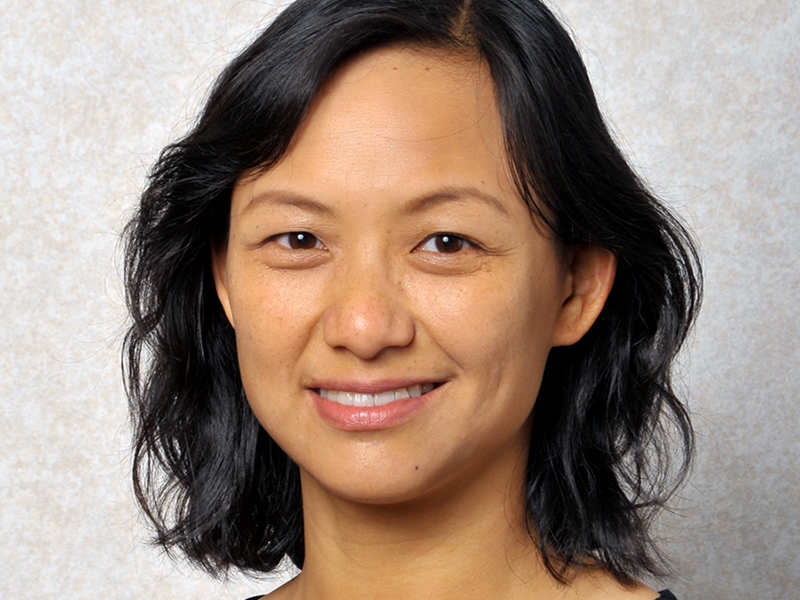The Arkansas Integrative Metabolic Research Center will host Ping-Ching Hsu, assistant professor of cancer prevention and population science at the University of Arkansas for Medical Sciences, at 12:55 p.m. Wednesday, March 15, in White Engineering Hall 209.
Hsu will discuss her work in identifying early metabolite markers of cardiotoxicity in blood that are associated with cardiac dysfunction using untargeted metabolomics profiling in a rat breast cancer model, and examining the dynamic changes of metabolites at time points before, during and after DOX treatment in breast cancer patients.
Abstract: Doxorubicin (DOX)-based chemotherapy has greatly increased the number of long-term cancer survivors, but it has also led to an increasing number of patients experiencing DOX-induced cardiotoxicity (DIC). Currently, there are no validated biomarkers that can predict the early development of DIC, so novel biomarkers are urgently needed to identify patients who are at an increased risk, allowing early detection of the cardiotoxicity before it causes permanent cardiac damage. In our project, we aim to identify early metabolite markers of cardiotoxicity in blood that are associated with cardiac dysfunction by using untargeted metabolomics profiling in a rat breast cancer model and by examining the dynamic changes of metabolites at time points before, during and after DOX treatment in breast cancer patients. The knowledge gain on metabolic alterations in our study will advance our biologic and mechanistic understanding of DIC through metabolic pathways that are perturbed in patients treated with DOX.
Biography: Hsu is a tumor biologist with specific training and expertise in molecular epidemiology and environmental exposure, including tobacco, heavy metal and small-molecule metabolites. She runs two fully equipped environmental exposure and biomarker laboratories in the Winthrop P. Rockefeller Cancer Institute and Biomedical research building II. During her role serving as a co-investigator for the UAMS Arkansas Center for Health Disparities, she witnessed first-hand the health disparity in the Arkansas Delta regions and has since felt compelled to devote her career to identifying the drivers of health disparity in rural underserved communities. She is the principal investigator of the Arkansas Rural Community Health Study, which includes roughly 26,000 women from all 75 counties in Arkansas. Her goal is to identify the drivers of health disparity in rural underserved communities and hopes her studies can make an impact to improve the quality of life and extend lives!
This seminar will also be available via Zoom. Pizza and beverages will be available during the seminar in ENGR 209.
For additional information, please contact Kimberley Fuller at fullerk@uark.edu.
This event is supported by the NIGMS of the National Institutes of Health under Award Number P20GM139768. The content is solely the responsibility of the authors and does not necessarily represent the official views of the National Institutes of Health.
Topics
Contacts
Macey Graham, communications graduate assistant
Division for Research and Innovation
479-575-5901,
Andy Albertson, senior director of communications
Research and Economic Development
479-575-6111,
